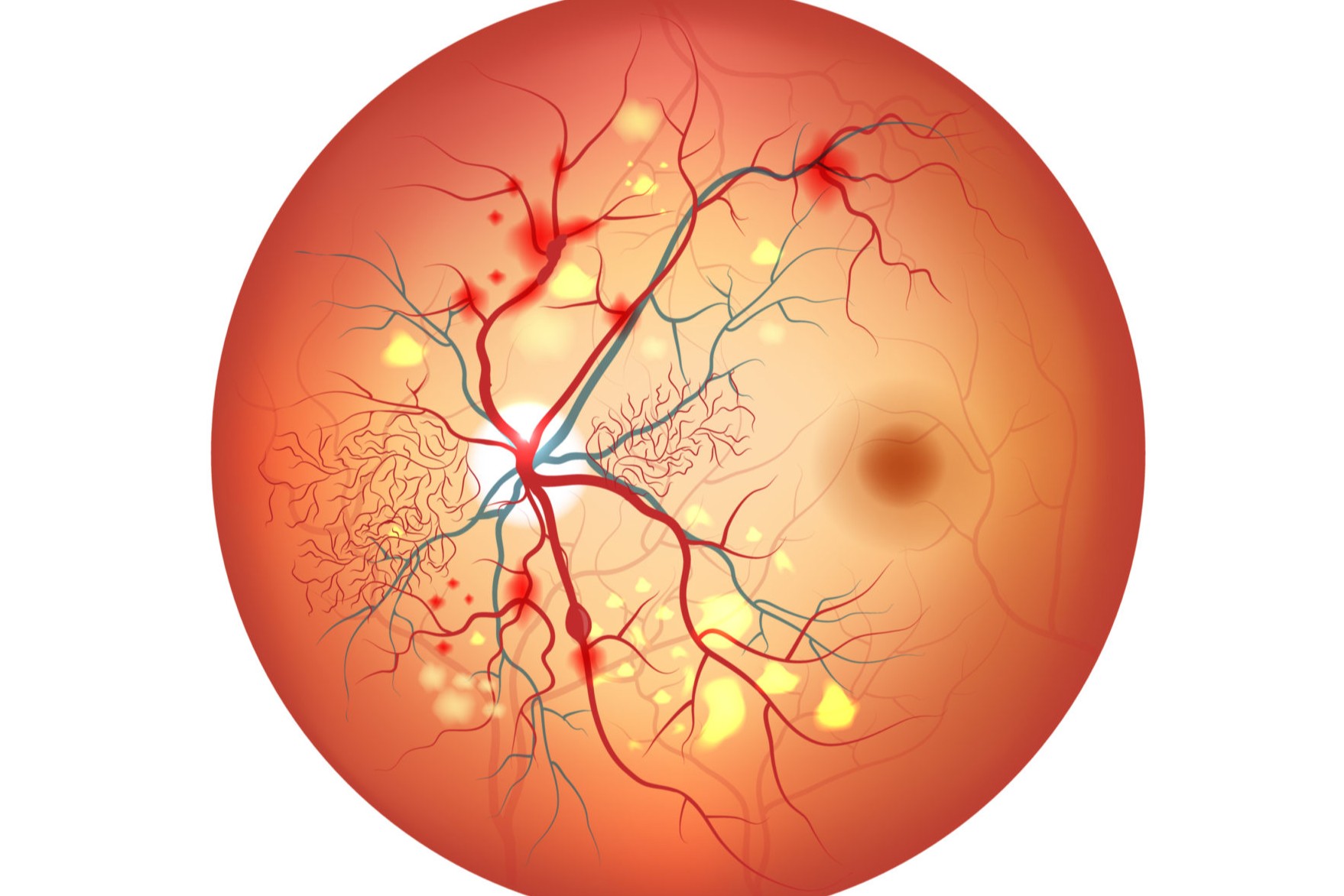
Retinopathy is a condition that affects the eyes, specifically the retina, which can lead to vision problems or even blindness if not treated. But what exactly is retinopathy, and why should you care? Retinopathy occurs when the blood vessels in the retina become damaged, often due to diabetes or high blood pressure. This damage can cause the vessels to leak fluid or blood, leading to vision issues. Diabetic retinopathy is one of the most common forms, affecting millions worldwide. Early detection and treatment are crucial to prevent severe vision loss. Understanding the symptoms, causes, and treatments can help you take better care of your eyes. Ready to learn more? Let's dive into 31 essential facts about retinopathy that everyone should know.
What is Retinopathy?
Retinopathy is a condition affecting the retina, the light-sensitive tissue at the back of the eye. It can lead to vision problems or even blindness if not treated. Here are some intriguing facts about retinopathy.
-
Retinopathy refers to any damage to the retina, often caused by diseases like diabetes or high blood pressure.
-
Diabetic retinopathy is the most common form, affecting nearly one-third of people with diabetes.
-
Hypertensive retinopathy results from high blood pressure damaging the blood vessels in the retina.
-
Retinopathy of prematurity affects premature infants, potentially leading to blindness if untreated.
-
Symptoms can include blurred vision, dark spots, and difficulty seeing at night.
Causes and Risk Factors
Understanding what causes retinopathy and the risk factors involved can help in prevention and early detection.
-
High blood sugar levels in diabetes can damage the tiny blood vessels in the retina.
-
High blood pressure can cause the walls of the blood vessels to thicken, reducing blood flow to the retina.
-
Premature birth increases the risk of retinopathy of prematurity due to underdeveloped blood vessels in the retina.
-
Smoking is a significant risk factor, as it can damage blood vessels and reduce oxygen supply to the retina.
-
Obesity and poor diet can exacerbate conditions like diabetes and hypertension, increasing the risk of retinopathy.
Diagnosis and Detection
Early detection of retinopathy is crucial for effective treatment. Here’s how it’s diagnosed.
-
Dilated eye exams allow doctors to see the retina and check for signs of damage.
-
Fluorescein angiography involves injecting a dye into the bloodstream to highlight blood vessels in the retina.
-
Optical coherence tomography (OCT) uses light waves to take cross-section images of the retina.
-
Visual acuity tests measure how well you can see at various distances.
-
Amsler grid tests help detect changes in the central vision, often used for macular degeneration.
Treatment Options
Various treatments can help manage retinopathy and prevent further vision loss.
-
Laser surgery can seal or shrink abnormal blood vessels in the retina.
-
Vitrectomy involves removing the vitreous gel and blood from leaking vessels in the retina.
-
Anti-VEGF injections block a protein that causes abnormal blood vessels to grow.
-
Steroid injections can reduce inflammation and swelling in the retina.
-
Blood sugar and blood pressure control are essential for managing diabetic and hypertensive retinopathy.
Prevention and Management
Preventing retinopathy involves lifestyle changes and regular medical check-ups.
-
Regular eye exams are crucial for early detection and treatment.
-
Healthy diet rich in fruits, vegetables, and whole grains can help manage diabetes and hypertension.
-
Exercise improves blood circulation and helps control blood sugar levels.
-
Quit smoking to reduce the risk of blood vessel damage.
-
Monitor blood sugar and blood pressure regularly to keep them within healthy ranges.
Impact on Daily Life
Retinopathy can significantly affect daily activities and quality of life.
-
Driving may become difficult due to blurred vision or dark spots.
-
Reading can be challenging, especially small print or in low light.
-
Recognizing faces might be hard, impacting social interactions.
-
Work performance can suffer if the job requires good vision.
-
Mental health can be affected, leading to anxiety or depression due to vision loss.
-
Assistive devices like magnifiers, special glasses, and screen readers can help maintain independence.
Final Thoughts on Retinopathy
Retinopathy, a serious eye condition, affects many people worldwide. Understanding its causes, symptoms, and treatments can help manage and prevent vision loss. Regular eye exams are crucial for early detection, especially for those with diabetes or high blood pressure. Lifestyle changes, like maintaining a healthy diet and controlling blood sugar levels, play a significant role in prevention. Advanced treatments, such as laser therapy and injections, offer hope for those already affected. Staying informed and proactive about eye health can make a big difference. Remember, your eyes are precious; taking care of them should be a priority. If you notice any changes in your vision, don’t hesitate to consult an eye care professional. Early intervention can save your sight. Stay vigilant, stay healthy, and keep your eyes in check.
Was this page helpful?
Our commitment to delivering trustworthy and engaging content is at the heart of what we do. Each fact on our site is contributed by real users like you, bringing a wealth of diverse insights and information. To ensure the highest standards of accuracy and reliability, our dedicated editors meticulously review each submission. This process guarantees that the facts we share are not only fascinating but also credible. Trust in our commitment to quality and authenticity as you explore and learn with us.
